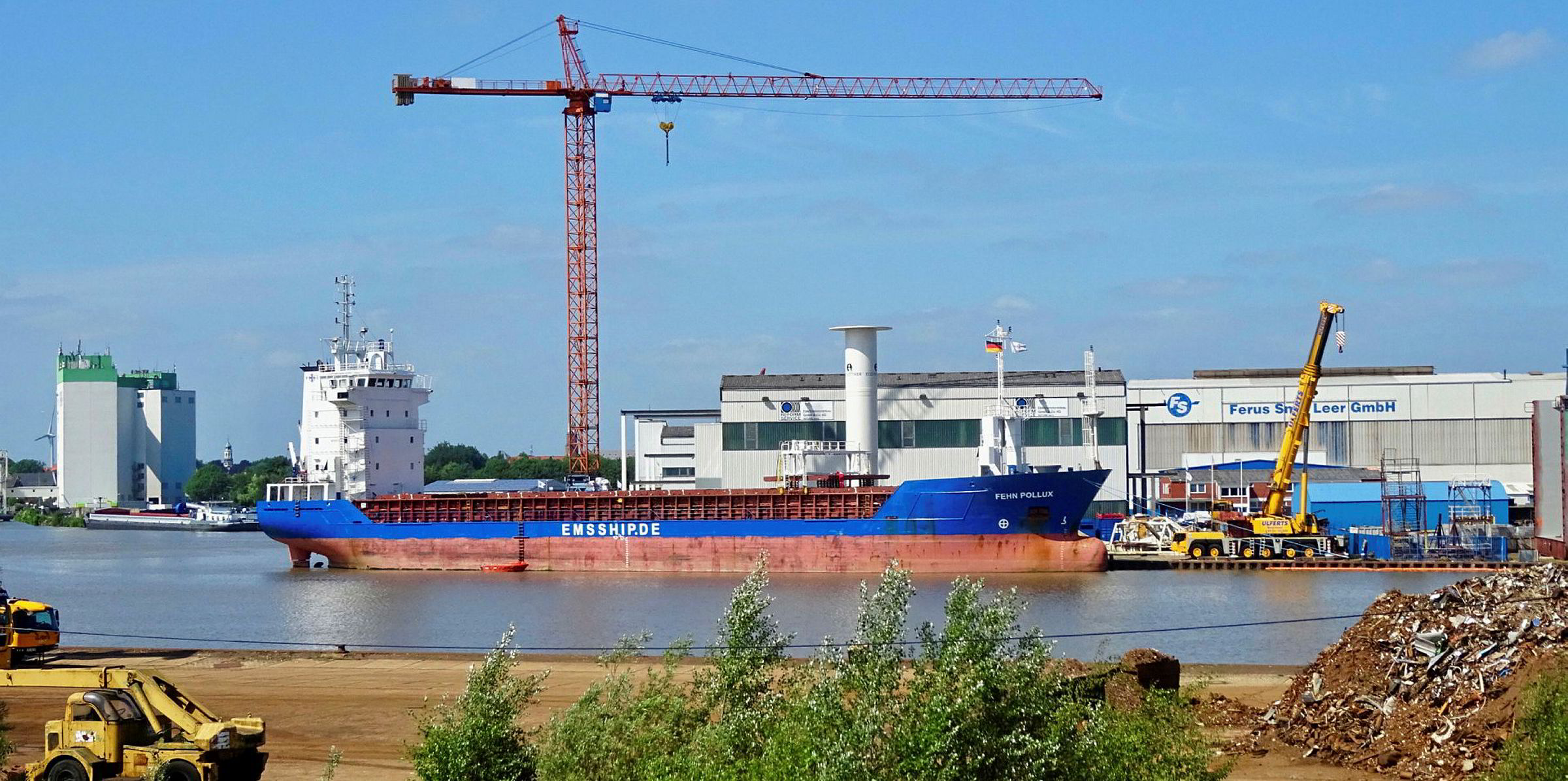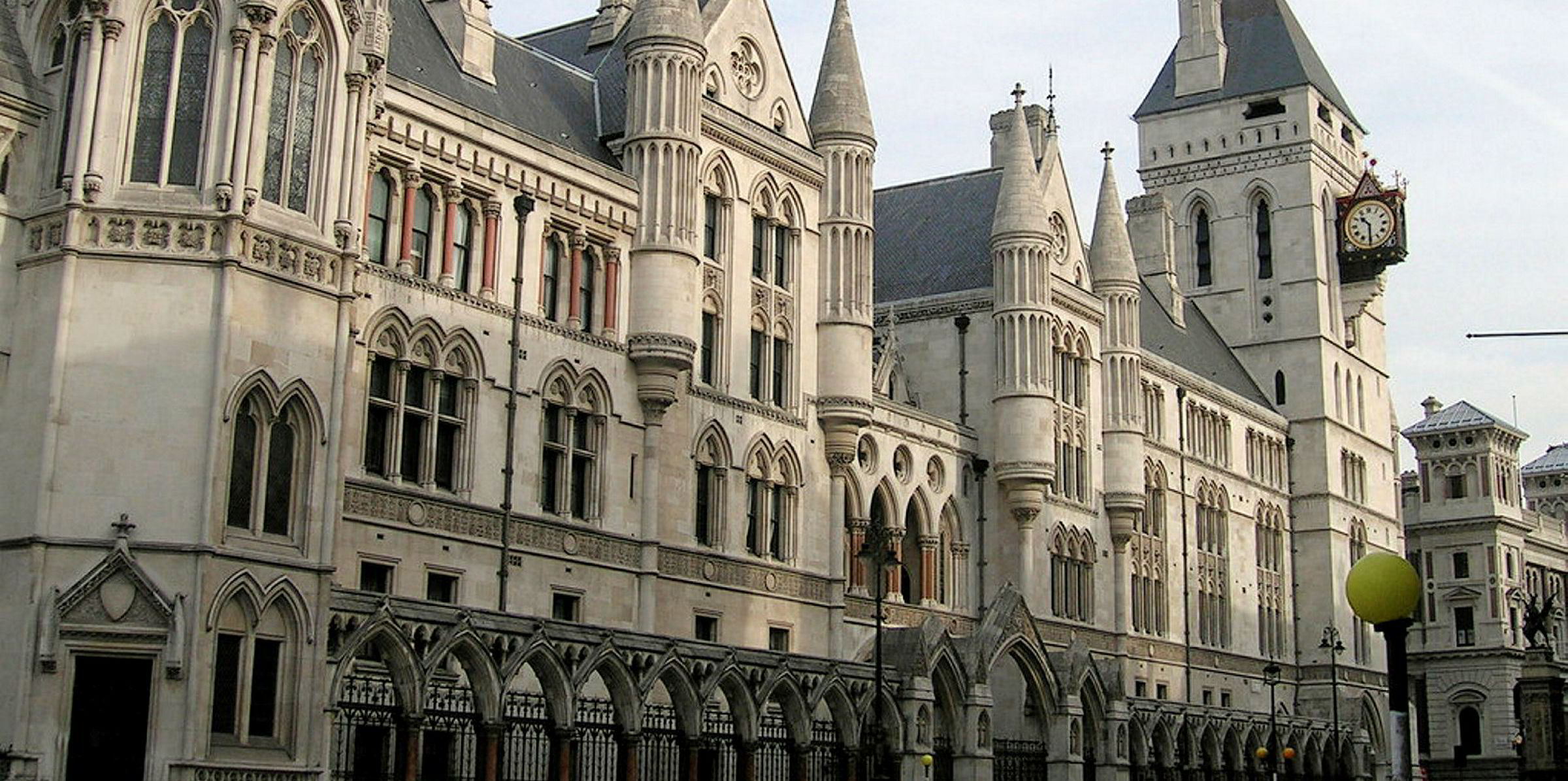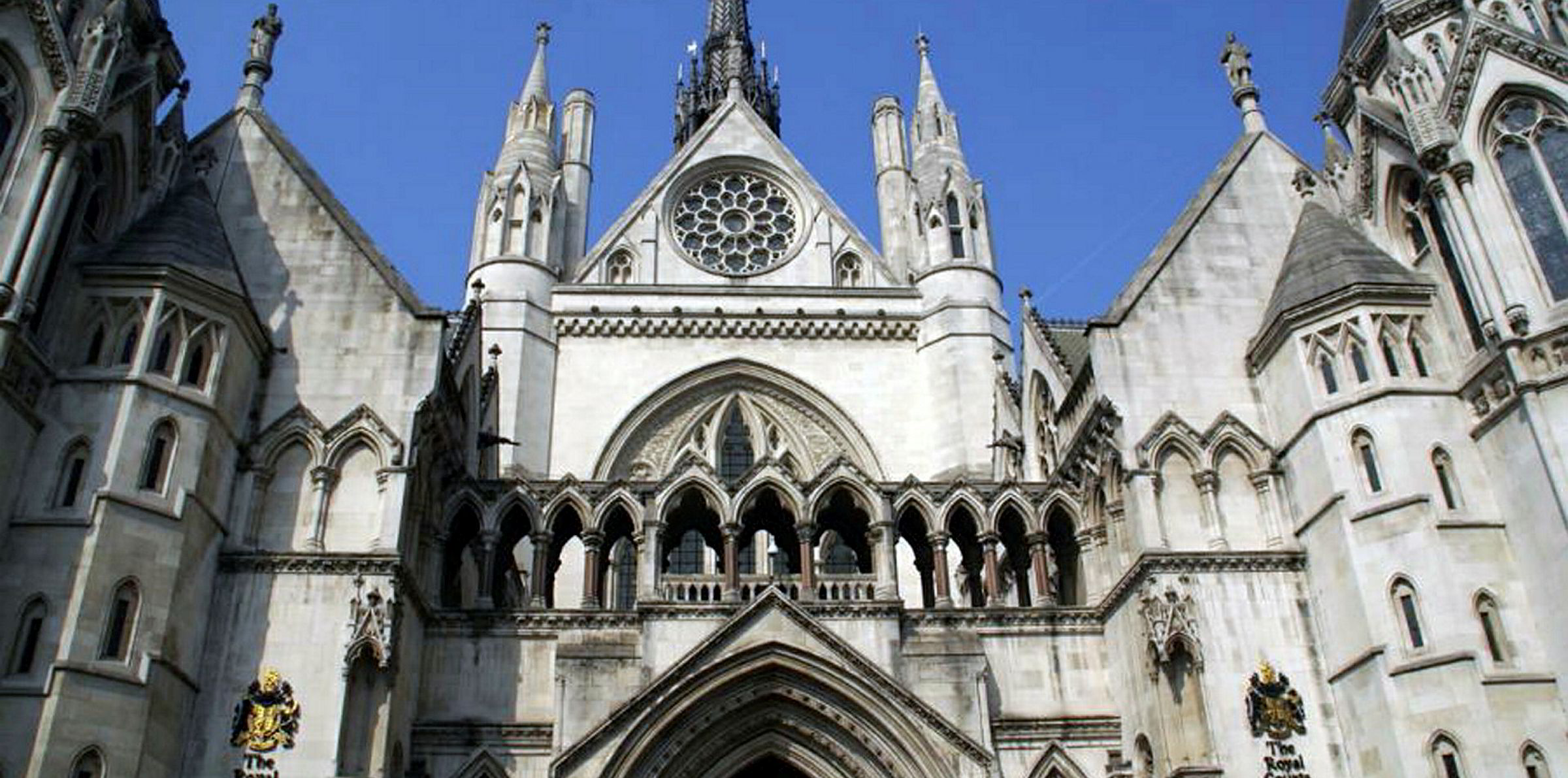Fehn Schiffahrts of Germany has overturned an arbitration award against it after an organic cargo of wheat was inadvertently fumigated.
The company made an appeal at the UK high court in a case involving the 4,250-dwt MPP Fehn Heaven (built 1997, now Fehn Pollux) .
Charterer Romani had been awarded damages in December 2017, following a charter deal agreed in 2012 for the transport of 1,300 tonnes of sunflower seeds and 1,800 tonnes wheat from Ukraine to Rotterdam, a ruling said.
The consignee named in the bills of lading was Justorganic.
"It is common ground that at some point after completion of the loading at Reni, and prior to discharge at Rotterdam, the cargo was fumigated," Justice Clare Moulder said.
In the arbitration, the charterer claimed that, as a consequence of the fumigation, the cargo could not be sold as organic and therefore it had to negotiate a discounted price with the two Dutch buyers to whom it had on-sold the cargo, Greenford International and Spack Trading.
The award concluded that the owner was liable for any damages found to have been caused by the unauthorised fumigation of the cargo whilst it was in the owner's care and custody.
Damages totalled EUR 225,000 ($264,000).
Interest in cargo re-assigned
Romani had provided proof that Justorganic had formally assigned any interest it might have had in this cargo to the charterer.
The grounds of the appeal were that the tribunal erred in law when ruling that a party assigned rights can claim substantial damages in circumstances where the assignor has suffered no loss and would be entitled (at most) to nominal damages.
"In essence, the owner's case is that the tribunal's finding that the charterers had title to sue is separate to the question of whether they suffered loss and were thus entitled to substantial damages," Moulder said.
Fehn argued that the charterer was not entitled to substantial damages because Justorganic (as assignor) would not have been able to claim damages itself.
It claimed that the tribunal implicitly found that the charterer could claim substantial damages in circumstances where Justorganic was not entitled to do so.
"Question of law does not arise"
The charterer's primary case was that the damages awarded by the tribunal were the loss that Justorganic was entitled to recover as the consignee under the straight bills of lading which it assigned to the charterer, and therefore the question of law does not arise at all.
In support of this, the charterer pointed to the fact that there was no finding in the award that Justorganic did not suffer loss.
"I accept there is no express finding in the award that Justorganic did not suffer loss. If Justorganic suffered loss, there was no error of law," Moulder said.
"Justorganic may have suffered a loss as the holder of the straight bills of lading but there was no implicit finding by the tribunal to this effect and this court cannot infer on the facts implied or expressly found by the tribunal, that the tribunal found that there was substantial loss to Justorganic."
"The tribunal does not appear to have distinguished between the issue of title to sue and the issue of whether Justorganic suffered a loss.
"If in fact there was no substantial damage suffered by Justorganic, then the tribunal has incorrectly applied the law and assumed that the respondent could recover the losses, even though no loss had been suffered by Justorganic as assignor."
The matter must be remitted to the tribunal, Moulder ruled.





